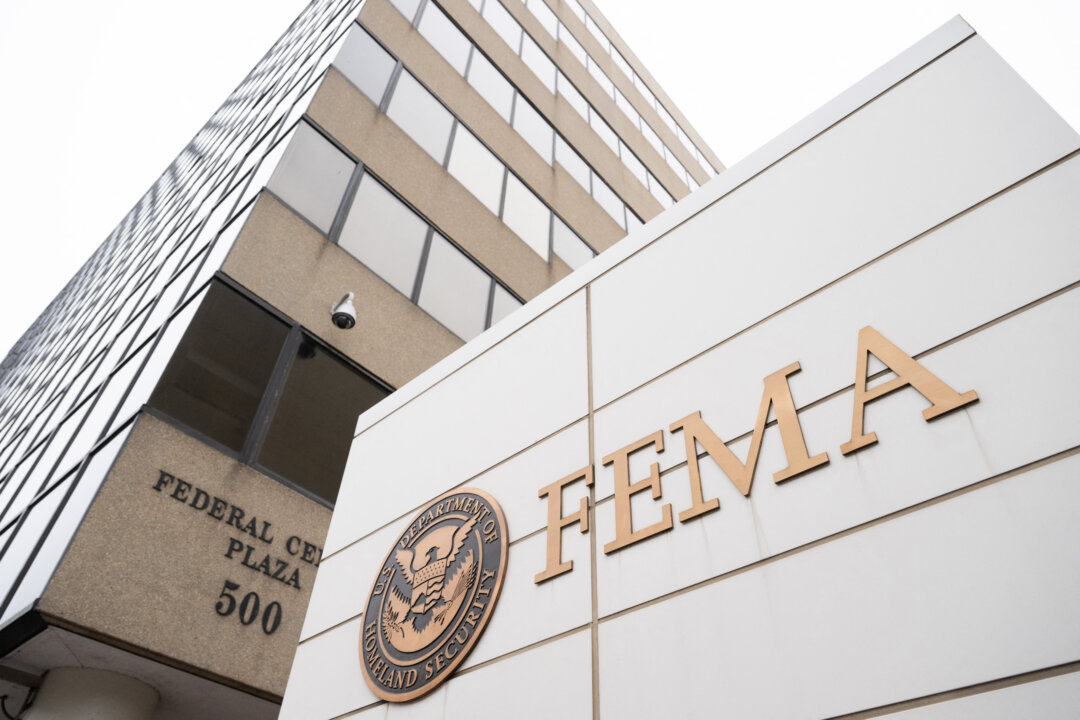By Jennifer Fulford An old work friend of mine told me a piece of astonishing news recently. The budget had been cut so viciously at my previous employer that they didn’t even have money to buy ink for mailing labels. And at a branch office, employees had resorted to bringing their own toilet paper to work.
Bad economic times? Far from it. It’s the result of draconian measures by our president to drown the National Oceanic and Atmospheric Administration, known as NOAA. For folks who don’t know NOAA, here’s a quick explainer: like NASA is to space, NOAA is to Earth.

NOAA studies Earth, its systems, its weather, its ocean, its coral, its jetstreams, its aquatic life, its heat, its cold, and yes, the economic impacts each can create, too. In shorthand, it keeps tabs on many incredible and complex ways life on Earth changes and evolves, including ours. This year marks the 55th year since President Richard Nixon formed NOAA, bringing several different scientific entities under one organization.
NOAA found a way to bring us essential services, not necessarily under the radar but in one main way by radar. The most-recognized part of NOAA, the National Weather Service, is an American workhorse. Staffing unglamorous offices night and day, NWS forecasters watch every corner of the United States, from Hawaii to Maine, pushing out forecasts and alerts in a fashion that’s no less than obsessive.
In fact, NWS forecasts form the backbone of commercial weather forecasting. Yet, here we are, with a chief executive bent on hollowing out NOAA and refocusing the agency to exploit resources, the polar opposite of its mission, “to better understand our natural world and help protect its precious resources.” This is an American tragedy, because, alongside the many ways we rely on NWS, there are equally significant parts of NOAA that help us stay safe.
As a former federal contractor for the National Centers for Environmental Information (NCEI), I wrote publicly about the importance and uses of environmental data for NCEI for six years. I spent time with scientists of every background imaginable and a few unimaginable, such as the handful of physicists who study the sun, well aware that a single distant satellite is the stopgap between us and a damaging solar flare. Then there were the ocean scientists, who would pack presentation rooms to standing room only, giving lectures at international conferences about hurricane behavior to growing concerns about ocean heat.
Their names often came first on important and oft-cited research. The drought specialists studied nuanced conditions that nonetheless held farmers’ financial futures in the balance. And one person undertook the critical count of devastating losses due to billion-dollar climate and weather disasters, marking history by tallying the devastation not only in the cost of physical damage but also in the loss of human lives.
For many years, sitting in a communications role, we held back on using the much-maligned term “climate change.” Then undaunted Greta Thunberg began speaking out. NOAA didn’t acknowledge her in any formal way , and unfortunately, nor does NOAA acknowledge the great harm happening within it now.
Former leaders have spoken out, such as Richard Spinrad and Craig McLean. But the ground-level folks shy from public roles, for the most part. Understand, NOAA is packed full of people who love science and chase the many ways their curiosity about our world helps us know who we are, on a practical and existential level.
They’re not inclined to fight to the tooth for their political lives. That’s why we should be fighting for them because fighting for them is fighting for our country and our planet’s future. Because we need their services, histories, inquisitiveness and insights.
Without them, we are lesser-than as a nation, just spreadsheets of temperatures in a computer, hollow data, and more than likely we’ll suffer, both in the natural world and in our collective resilience. Politicians with NOAA centers in your districts, your names will be etched beside the loss of the crown jewels — the country’s premier science organization. Don’t let NOAA drown.
We need NOAA’s expertise and analysis because the environment isn’t getting any simpler. Now is the time for many hands on deck. Jennifer Fulford worked as a federal contractor from 2016-2022 at NOAA National Centers for Environmental Information.
She lives in Asheville, North Carolina..
Politics

Guest opinion: Jennifer Fulford: Don’t let NOAA drown

NOAA is packed full of people who love science and chase the many ways their curiosity about our world helps us know who we are, on a practical and existential level. They’re not inclined to fight to the tooth for their political lives. That’s why we should be fighting for them because fighting for them is fighting for our country and our planet’s future. Because we need their services, histories, inquisitiveness and insights. Without them, we are lesser-than as a nation, just spreadsheets of temperatures in a computer, hollow data, and more than likely we'll suffer, both in the natural world and in our collective resilience.















